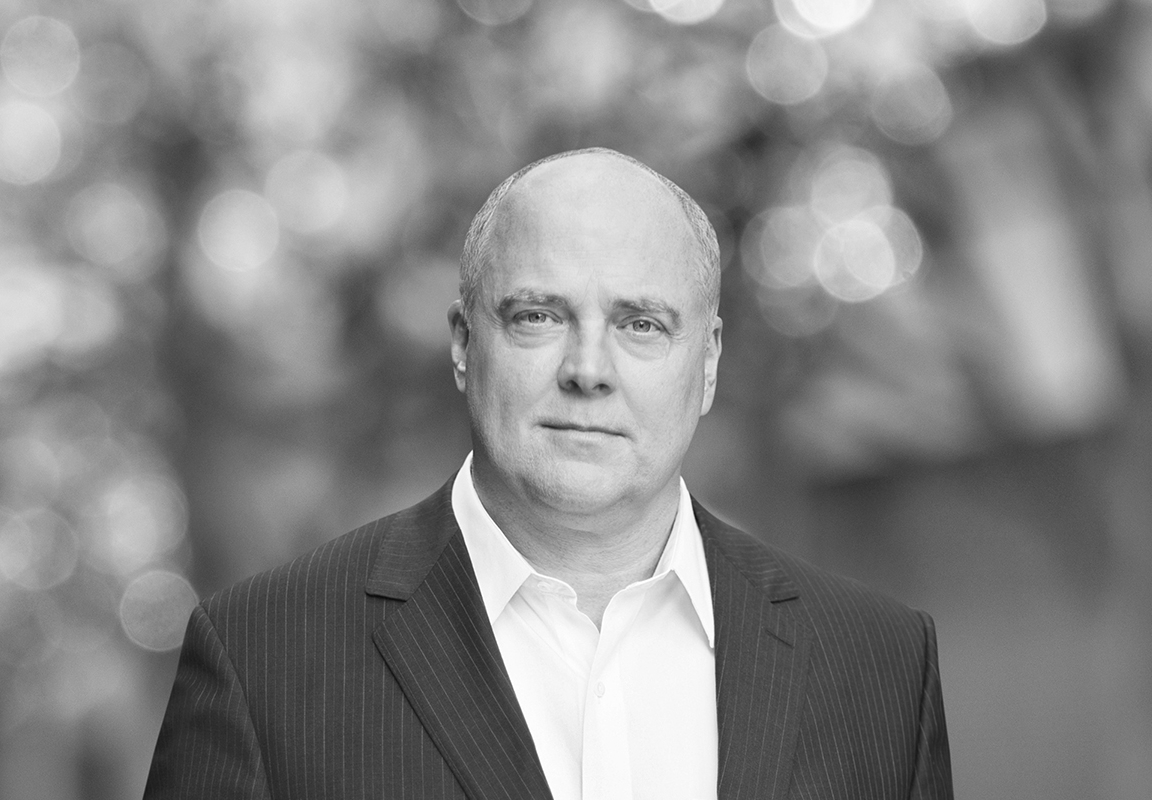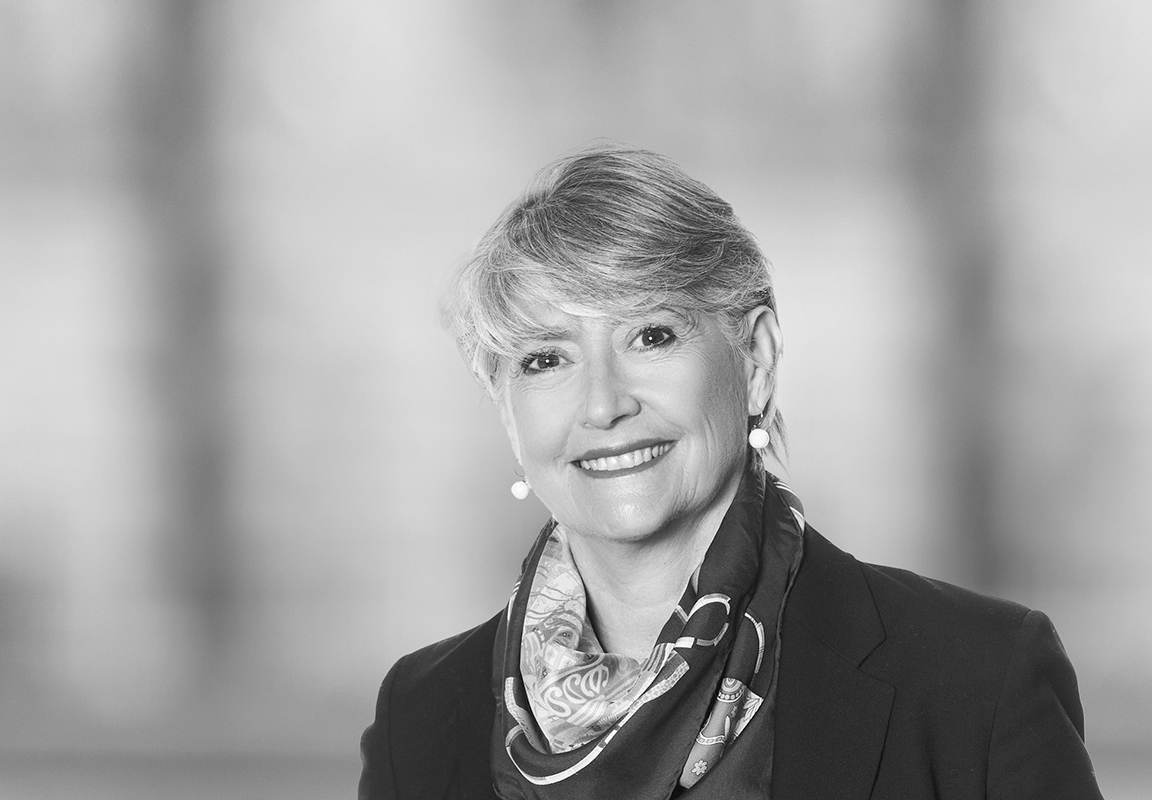Justice, Service, Wisdom
Following the opening of Bhutan's first law school, we speak to the school's Dean, Sangay Dorjee, and Vice Dean, Michael Peil, to get the inside story.
7 min read
On July 29, 2017 we celebrated a milestone in our nine-year collaboration with Bhutan: the formal opening of the Jigme Singye Wangchuck School of Law (JSW Law), the country's first law school. The school was chartered by the King of Bhutan, who invited us to assist in its development. JSW Law's official motto is 'Justice, Service, Wisdom'. We spoke to Dean Sangay Dorjee and Vice Dean Michael Peil to get their take on the project.
Sangay and Michael in Profile
|
|
|
|
Q. The law school has been nearly a decade in the making. How have your careers informed your work on this long-term project?
Sangay: My experience in general education and vocational and technical (V&T) education policies and management has definitely helped, not least my work improving access to vocational and educational institutions by setting up additional V&T colleges across the country. As a result of three decades in the education and labor policy sectors, the contacts I've made have proven invaluable to the law school.
Michael: When the offer came, I saw it as the opportunity of a lifetime. I've worked in law and legal administration for my entire career—helping to design and implement new programs, designing and teaching courses, and more. To help the school's President, Her Royal Highness Ashi Sonam Dechan Wangchuck, and the Bhutanese team create a new law school from scratch felt, and still feels, like a chance to pull all these disparate threads and passions together in a single project.
Q. Was it difficult to design a curriculum that strikes a balance between international legal principles and formal court systems and, on the other hand, Bhutan's unique values and traditions?
Michael: I have to say, our role was largely as a convener and coordinator. We spent four years bringing together leaders and participants from across the legal sector and Bhutanese society, asking them: 'What do lawyers need to know?'. Nearly everyone we talked to had strongly held and well thought-out opinions on the matter.
We were guided in the process by a central Program Advisory Committee, chaired by the Director General of the Department of the School Education at the Ministry of Education, and involving leadership from the Supreme Court, His Majesty's Secretariat, the Attorney General's office, and countless other Bhutanese thought leaders.
Sangay: The end result is a curriculum that is very heavy on three things: Bhutanese language and culture, lawyering skills, and Gross National Happiness.
Our students take five semesters of Dzongkha language and two additional semesters of Dzongkha drafting and oral argument.
Each of their 10 semesters features a skills course, including first-year courses in composition and rhetoric and legal writing and research, but also including moot court, drafting of conveyances and pleadings, mediation, negotiation, and arbitration, and a compulsory year of clinics.
The capstone is a semester-long off-campus internship, either here in Bhutan or abroad. Finally, our GNH-centric curriculum requires each student to take courses on environmental law, law and development, law and religion and culture, and the like.
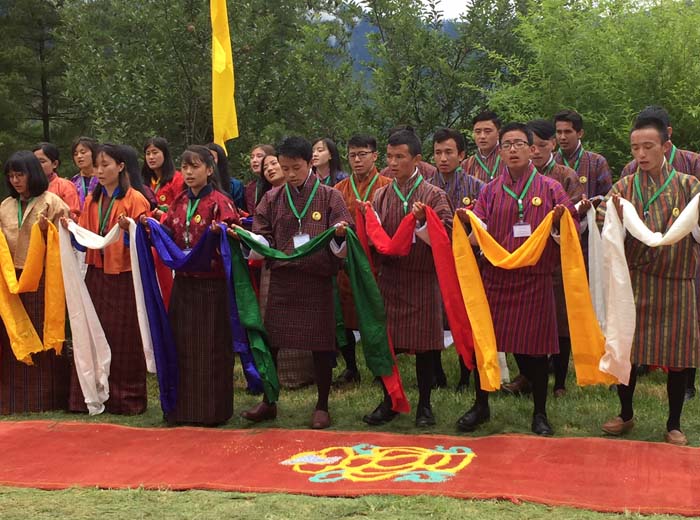
The first class of students of Jigme Singye Wangchuck School of Law.
Q. You spent several months traveling the country and encouraging students to apply. What was the experience like?
Michael: Last year at this time, we were worried that no one had heard of the law school, or at least no high school students.
So we set out to change that by meeting with every 12th grade class in the country – 58 high schools in all.
We need not have worried. At almost every school, the students had heard about it, had thought about it, and had dreamed of attending the school.
We went from worrying that no one would apply to worrying that all 12,000 high school graduates would apply, which would have been logistically challenging, to say the least.
Sangay: They all wanted to know if we would make exceptions for students who didn't meet our cutoff score in the national Dzongkha and English tests.
Michael: Yes, at every school, there were at least a dozen high school seniors who could already see themselves attending law school and spent the entire Q&A period trying to figure out how to maximize their chances of acceptance.
'Are certain high school grades counted more than others?' 'If I miss the cutoff on Dzongkha, can I still sit for the LSAT, and if I do really well, will you disregard the Dzongkha grade?' 'Can I audit courses for a year as a non-student, and if I ace my entire class, you'll admit me on the back-end?'
Sangay: Since we only planned to admit 25 students, the answers to those kinds of questions was usually 'no'. We will admit a new class of 25 students each year, and the curriculum for each class will stretch over five years.
This means that from 2022 onward, the law school will have a full student body of 125.
In a relatively small country such as Bhutan, this translates to a significant number of lawyers who will be able to contribute to the country's development.
Q. Nearly 500 students applied to be part of the first class of 25 law students. 132 of them qualified to take a unique Bhutanese LSAT. How did you design the test?
Michael: The US Law School Admission Council is the company that designs the American LSAT.
We met at White & Case's office in New York and talked about getting them to design a Bhutanese LSAT, which they were eager to do.
They are developing an expertise in LSAT design for different countries, and they viewed Bhutan as a good laboratory.
Now that we have one year under our belt, I think LSAC and JSW Law have learned a number of useful lessons, mostly about cultural differences.
For example, in the first draft, there was a reading comprehension question about film criticism that was complicated even for an American.
The Bhutanese team had one look at it and said: 'We have no idea who Woody Allen is, why would anyone care about his development as a director, or what the answers to any of these questions might be'. So we ditched the question.
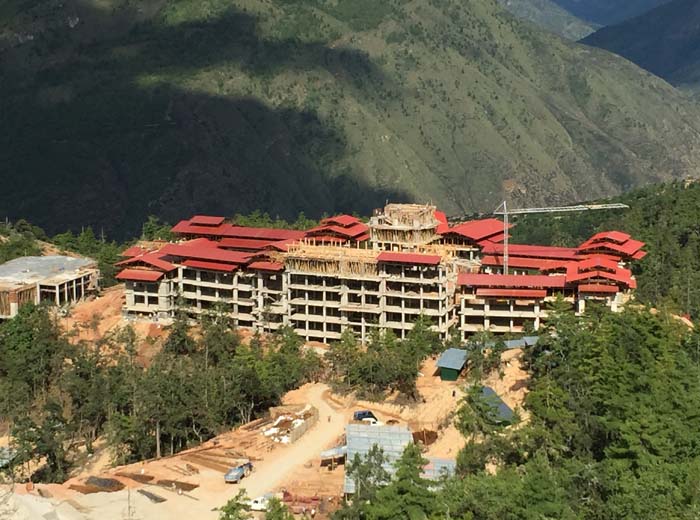
JSW Law will operate for the next two years on a temporary site near Thimphu, the capital of Bhutan, while construction is completed on a permanent site above Paro, a valley town in Western Bhutan. Our photo shows the continuing construction work.
Q. Michael, you're one of a number of US academics and legal professionals who have moved with their families to Bhutan to be a part of the law school. What has living in Bhutan been like?
Michael: Change is the only constant; or, as my Bhutanese colleagues might say, impermanence is the only reality.
We like to think of the United States and the West as in a state of permanent change, but in Bhutan, the pace of change is palpable.
New imports appear in the markets almost every week, and there are a lot more cars on the road (and a lot more pedestrians) here in Thimphu than there were four years ago.
Everyone has smartphones, so our friends and neighbors are as up on world events as our neighbors would be back in the States.
That being said, there is an underlying 'Bhutanness' that survives, which encompasses Buddhism, civility in public and private discourse, the country's national identity, warmness to guests and strangers, and mindful, deliberate planning in all aspects of life and politics.
This publication is provided for your convenience and does not constitute legal advice. This publication is protected by copyright.
© 2018 White & Case LLP

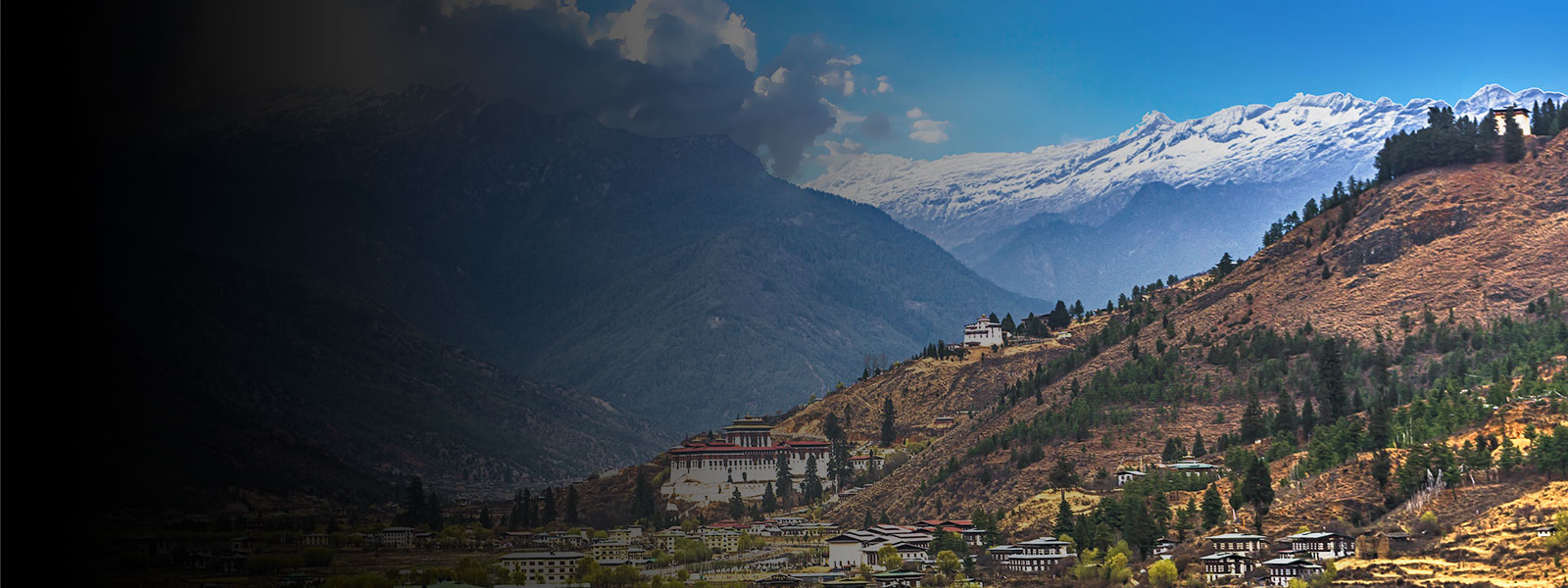
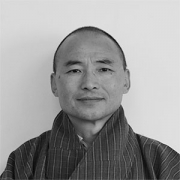 Sangay joined the JSW Law Project as its Director in January 2013, after serving at the Bhutanese Ministry of Labor and Human Resources, where he held several Director positions. Before that, he was with the Ministry of Education, where he served as the Assistant Secretary of the Bhutan Board of Examinations.
Sangay joined the JSW Law Project as its Director in January 2013, after serving at the Bhutanese Ministry of Labor and Human Resources, where he held several Director positions. Before that, he was with the Ministry of Education, where he served as the Assistant Secretary of the Bhutan Board of Examinations. Michael served as a consultant to the JSW Law Project since February 2013. He previously worked as Associate Dean for International Programs at the School of Law of Washington University in St. Louis (USA) and as Executive Director of the International Law Students Association, which runs the Jessup International Law Moot Court Competition. White & Case was instrumental in recruiting him for the role.
Michael served as a consultant to the JSW Law Project since February 2013. He previously worked as Associate Dean for International Programs at the School of Law of Washington University in St. Louis (USA) and as Executive Director of the International Law Students Association, which runs the Jessup International Law Moot Court Competition. White & Case was instrumental in recruiting him for the role.